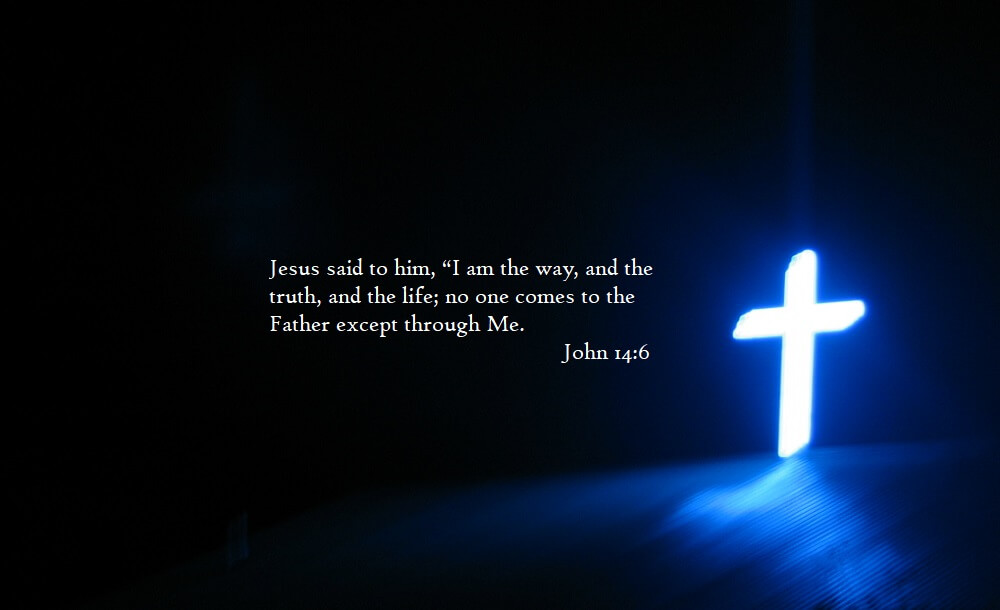The world is the creation and possession of the Lord. He and He alone sovereignly controls it in all things. As we often sing in hymn, “the battle belongs to the Lord”.
As a backdrop it is important to remember Ephesians 6:12 “For we do not wrestle against flesh and blood, but against the rulers, against the authorities, against the cosmic powers over this present darkness, against the spiritual forces of evil in the heavenly places.” Our reality is a reflection of much larger struggles than might be apparent on the surface. And in those struggles while viewing the world, though we are always imperfect as men (or women), intent counts. Even our intent in differing to Him and turning from fretting is a significant form of praise and worship, which is our primary purpose as His creatures.
Our purpose is to praise and worship Him. Irrespective of the world around us, our task is to preach the Gospel and to follow His commandments.
What unbelievers do is between them and the Lord. They alone answer before Him. They are not ‘of us’ and we are not ‘of them’. If they have gone out from us (or never were with us), then they were never of us. (1 John 2:19)
When someone rejects the Lord, with all that implies, they and all that they are offends God, who is holy and righteous. They may have offended us, but having offended God they have much bigger problems! It is God’s mandate, not ours, to deal with it. If we have preached the Gospel in word and deed, and are not knowingly participating in their iniquities, then we are worshiping appropriately. Their worldly iniquities may be dealt with by the state, but that also is within the mandate granted by the Lord. One way or the other, their iniquities before Him will be dealt with by Him, in His time.
The second part of Prov 24:19 tells us not to envy them. Why? Envy can be even more insidiously than fretting. In the background, it aligns one with the object envied – in this case the sinner, his activities and their worldly fruits. It draws one into the world of flesh and away from spirit. That is the antithesis of our correct alignment with the Lord. Recall that “the desires of the flesh are against the Spirit, and the desires of the Spirit are against the flesh, for these are opposed to each other, to keep you from doing the things you want to do.” (Gal 5:17). You can not serve two masters.
We must always bear in mind the real fruits of the worldly activities of the unbeliever are always bring condemnation because, in their willful rejection of the Lord they always serve Satan. This in not always apparent in any surface success we might observe. Irrespective of appearances, we have no part in that since it is not worship acceptable to God.
Prov 23:17 similarly admonishes the believer not to align with the sinner. But then we are given the correct posture. We are to continue in the fear of the LORD all the day. And what is that fear of the Lord? It is completing our duty as His people.
Fear God and keep his commandments, for this is the whole duty of man. (Eccl 12:13)
And how do we keep His commandments?
Apply your heart to instruction and your ear to words of knowledge. (Prov 23:12)
In other words, read and attend solely to the Word of God. Significantly, it does not say that we will always be successful. But again, intent counts.
And we are to do this all the day. That’s 24/7 folks.
We might even make the message clearer by somewhat boldly combining the verses to yield
Fret not yourself because of evildoers…but continue in the fear of the Lord all the day.
Along with the method we are given (keeping His commands from His Word), this presents the optimal stance for the believer striving for closeness with the Lord and holiness. Disregard the sinner and the sinful world in the sense of personal worry, and concentrate wholly on the things of the Lord.
We are, after all, not of this world. We are, to steal a phrase from the title of Robert Heinlein’s archetypal SciFi novel “Strangers in a Strange Land”.


 Yes, I know it is almost Spring and not that season. But this has been on my mind, so here we go. It is about a strange situation that I have puzzled about for years – the non-starter of Reformation Day in almost all Protestant denominations and churches.
Yes, I know it is almost Spring and not that season. But this has been on my mind, so here we go. It is about a strange situation that I have puzzled about for years – the non-starter of Reformation Day in almost all Protestant denominations and churches. I have no explanation other than intellectual hubris and entitlement of the first order, and I just don’t understand it. I see it as a failure of the congregation but much more a huge pastoral failure.
I have no explanation other than intellectual hubris and entitlement of the first order, and I just don’t understand it. I see it as a failure of the congregation but much more a huge pastoral failure.